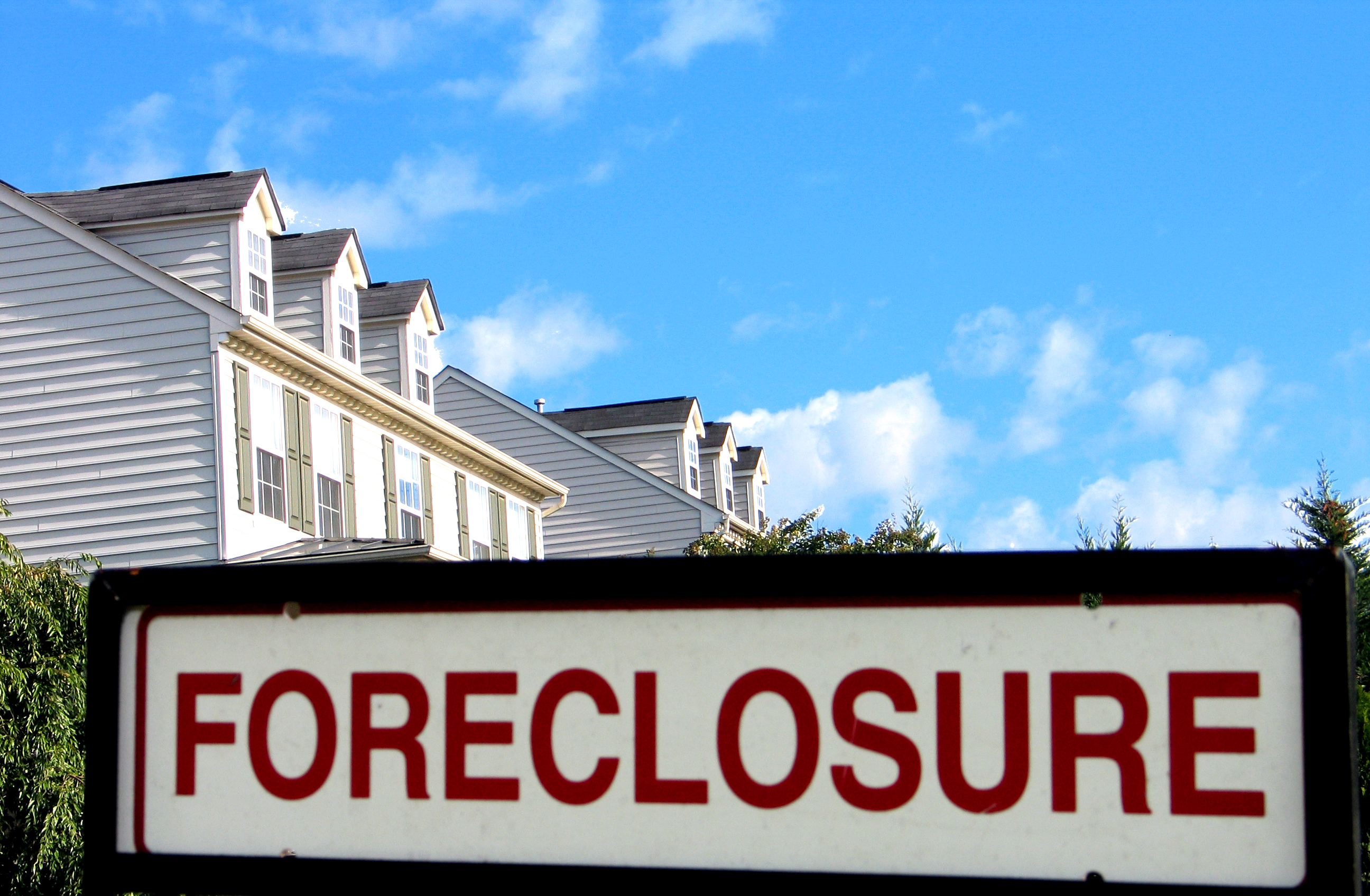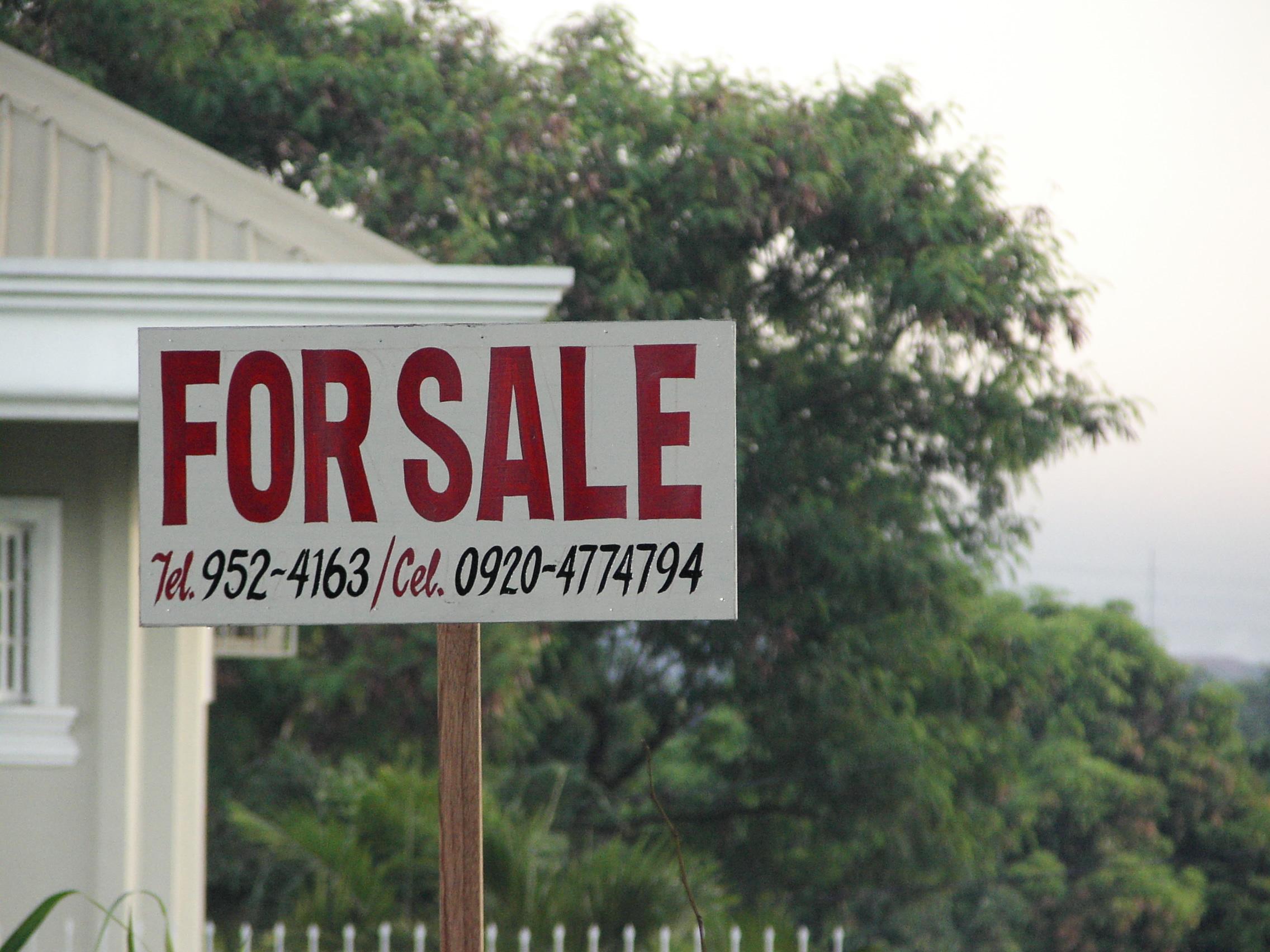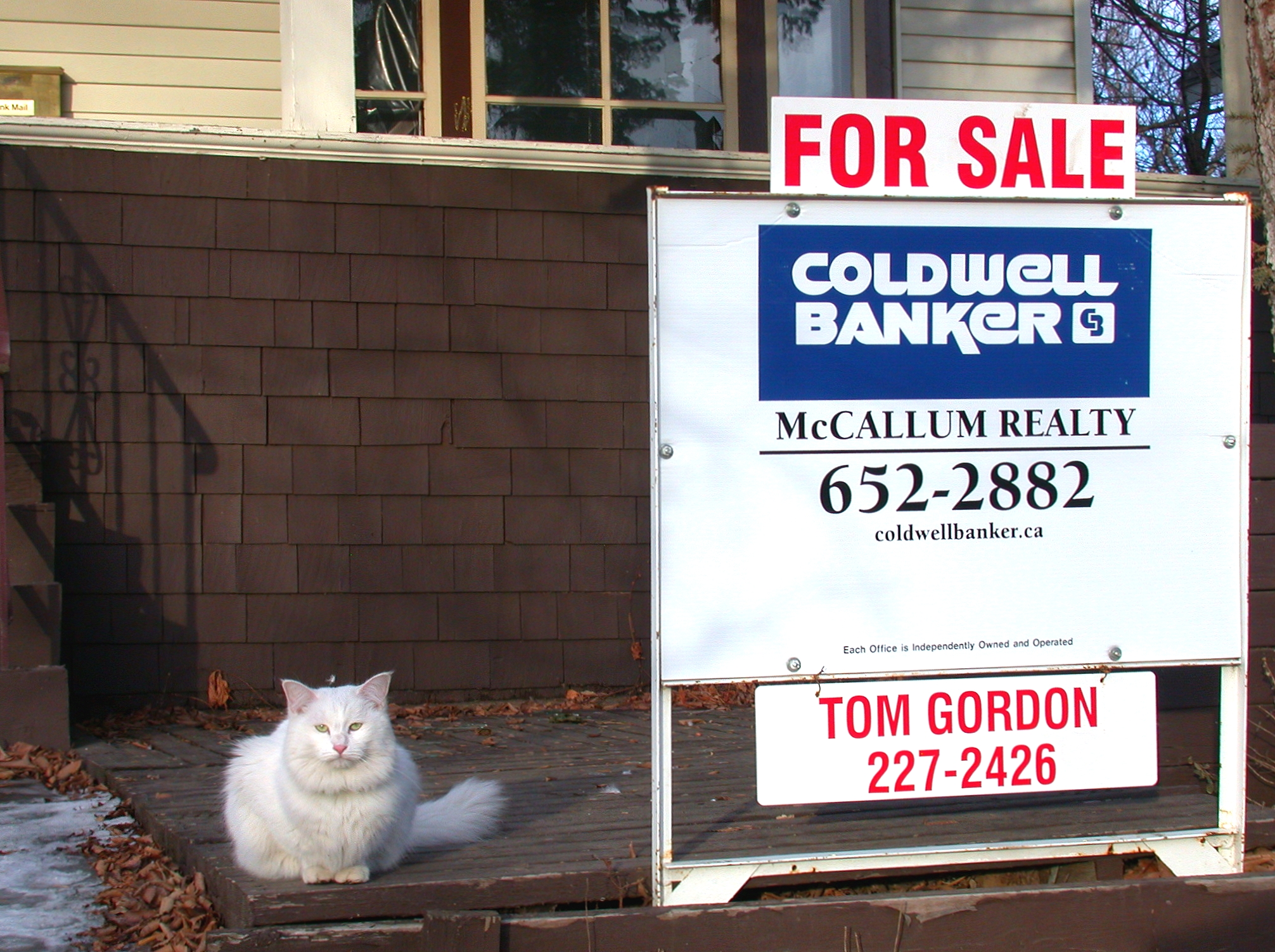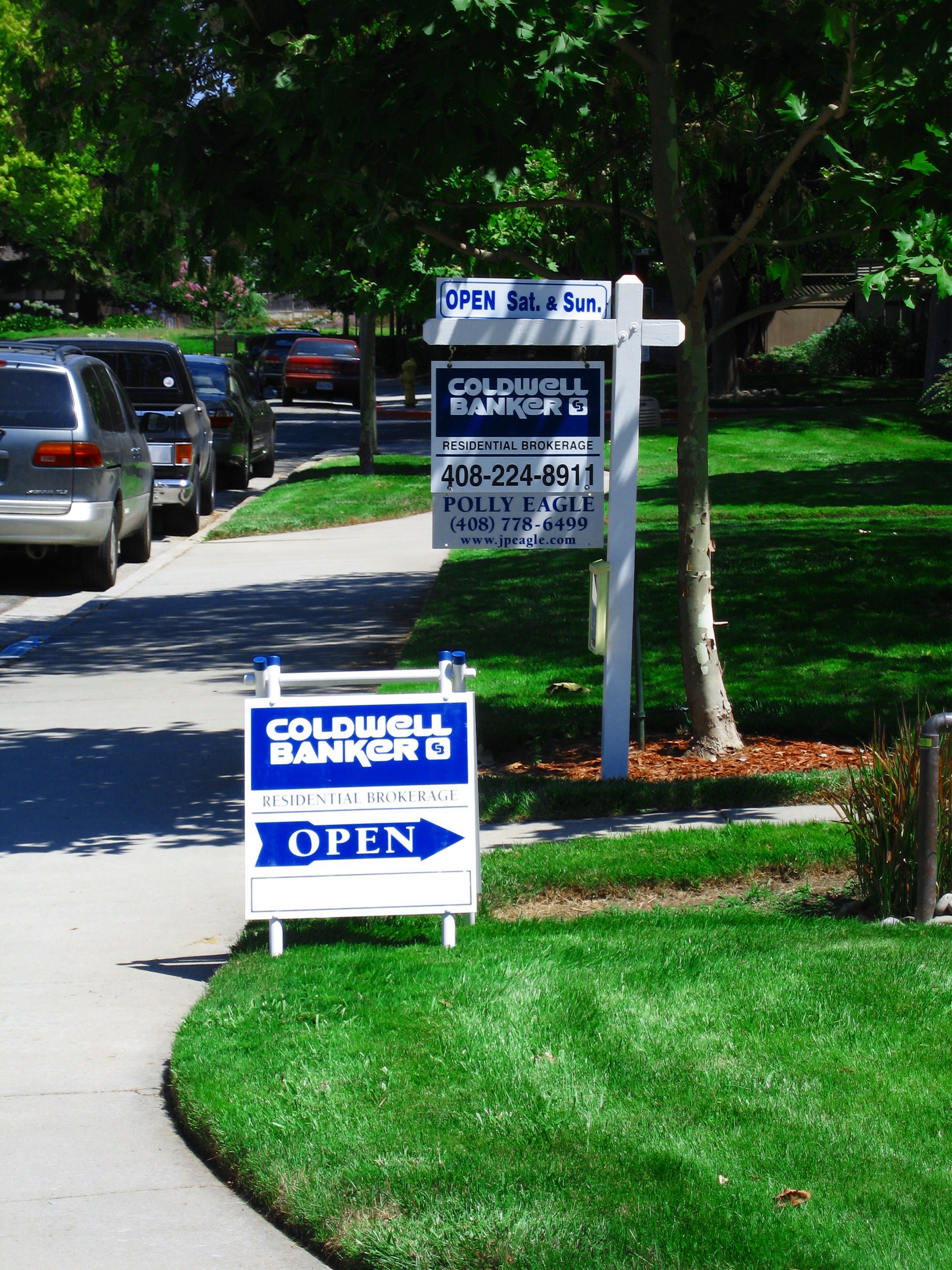The Dec. 19, 2005, Business Week piles on more worrisome indications that the housing bubble is deflating. The story focuses on Loudon County, Va., once one of the hottest real estate markets in the country that is now cooling off. As sales slow, sellers are cutting prices. According to Business Week, “From August to October, the median sales price for houses dropped from $506,100 to $480,000”. I expect falling selling prices and rising days on the market to be the norm in most housing markets, if not now within a short time.
I first blogged on the housing bubble in August, a year after I started warning people trouble was coming. Coincidentally, not a week following the post, a good friend asked me about real estate as an investment. She had come into inheritance money and looked to help another friend, who had been successfully speculating on houses in Pennsylvania. I strongly recommended against real estate as an investment. I hope she took the advice.







